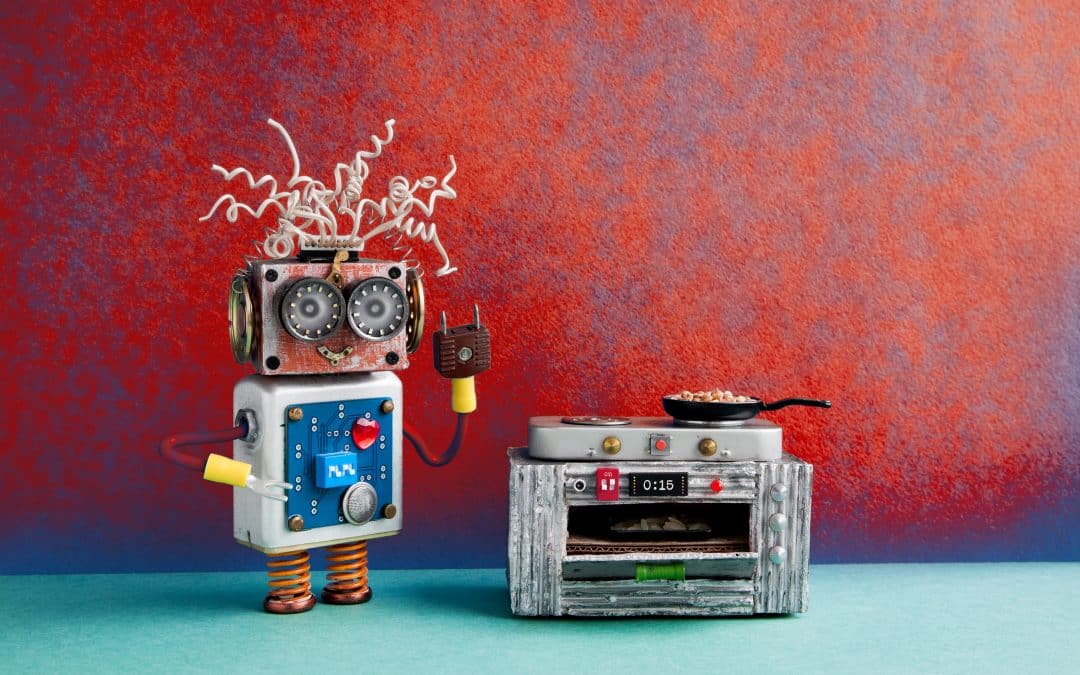How will food technology impact the food industry?
Scandinavian chefs and managers share their thoughts on FoodTech
 Aquavit
Aquavit
“Moving forward, prepare for more diverse and innovative ways of applying technology into the food world. These new and creative applications will make a positive difference within a wide range of critical issues, such as reducing food waste; producing more nutritious, plant-based food; increasing harvest crop production; and in some areas of the restaurant industry, allowing for more food production and delivery automation.”
—Emma Bengtsson, Executive Chef at Aquavit
Aquavit is a two-Michelin-starred restaurant in Midtown Manhattan, serving seasonal Nordic cuisine helmed by Chef Emma Bengtsson.
 Agern
Agern
“FoodTech can generate varied and significant impact on the entire industry—from mechanical improvements in cooking techniques to preserving
—Marianne Eriksen, General Manager at Agern
Tucked inside Grand Central Terminal is Agern—a restaurant and bar with Nordic roots.
 Smörgås Chef
Smörgås Chef
“The food industry is forever changing, so modernizing is a must to guarantee the highest quality. At its core, FoodTech is dedicated to connecting good food to the consumer. Therefore, like many restaurants, FoodTech will also focus on sustainability, health, human values, tech and engineering in relations to great food. With
—Anna Strindberg, Event Manager at Smörgås Chef
Smörgås
 FIKA
FIKA
“We believe FoodTech will play a huge role in both shaping the food industry and positively impacting the environment. When the technology is used well and its applications are executed properly, they can improve the consumer experience in a number of ways. For example, they can offer more traceability, transparency
—Lars Åkerlund, Founder & CEO of Fika
Committed to improving coffee breaks through Swedish lifestyle and coffee culture, Fika has multiple locations around New York City.
 Aska
Aska
“As things stand, technology is rapidly changing the food industry in many ways—from indoor home gardens using hydroponic and light technology, or new mechanisms for tracking and reducing food waste, to creations like lab-grown meat. While more acceleration and significant innovations are happening in FoodTech, the important question is how to harness this powerful technology in a truly sustainable manner.”
—Fredrik Berselius, Chef & Owner of Aska
Awarded two Michelin stars, Aska is a Scandinavian restaurant in Brooklyn run by Swedish chef Fredrik Berselius.

